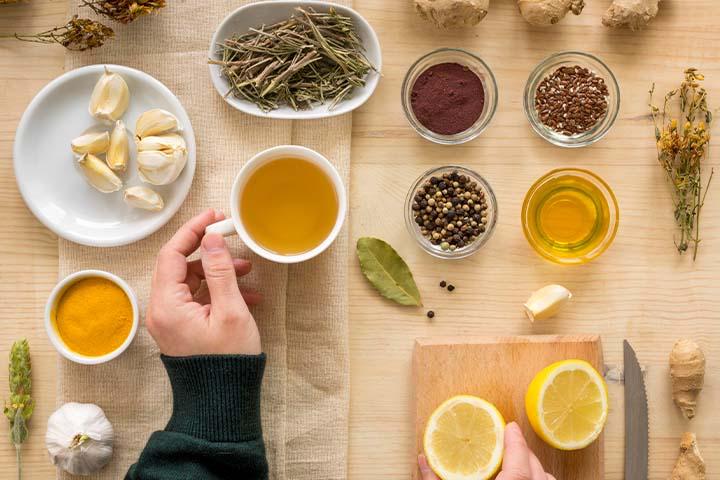Key Highlights
A nationwide pivot towards preventive health has given rise to a wellness movement this monsoon—Indians are increasingly reaching for Ayurvedic immunity teas, sparking remarkable growth in the herbal beverages sector and signaling a deeper cultural shift.
What’s Driving the Immunity Tea Craze?
The rise of monsoon brings with it respiratory infections, digestive issues, and general immunity dips, making this a crucial season for fortifying health. Ayurvedic immunity teas—packed with classics like tulsi, ashwagandha, ginger, and amla—are believed to bolster resistance naturally, offering an appealing non-pharmaceutical shield against seasonal ailments. Their popularity accelerated after COVID-19, with health-conscious consumers seeking daily, easy-to-adopt rituals for sustained wellness.
India’s ayurvedic health drinks market is projected to hit USD 2.7 billion by 2033, expanding at 11% CAGR. Simultaneously, herbal teas alone are set to cross INR 5,617 crore by 2032 (about USD 668 million), reflecting surging demand fueled by heightened consumer awareness, urbanization, and a preference for plant-based, chemical-free alternatives.
Millennials and Gen Z consumers, in particular, are driving this shift, influenced by social media campaigns, nutrition experts, and celebrities endorsing holistic, traditional beverages for both physical and mental benefits.
Innovations and Expansion
Manufacturers are introducing ready-to-drink formats, premium blends, and personalized formulations combining ayurvedic herbs with modern adaptogens, vitamins, and probiotics. This spurs wider adoption and boosts credibility, especially in urban centers where busy lifestyles demand convenience.
Brands are emphasizing green packaging and sustainable sourcing to draw eco-aware consumers. Collaborations with health professionals ensure scientifically sound products that reinforce trust.
Cultural and Lifestyle Integration
Unlike the typical association of tea with relaxation, ayurvedic immunity teas now represent mindfulness, proactive health, and a connection to India’s ancient wellness heritage. They’ve moved from being merely a beverage to forming an essential part of daily health routines, especially during the vulnerable monsoon window.
Outlook
With strong institutional and government support as well as booming retail and e-commerce channels, herbal and ayurvedic tea is poised for further expansion—making 2025 a watershed year for wellness-oriented beverages.
Sources: IMARC Group, IndusFood, Globe Newswire





